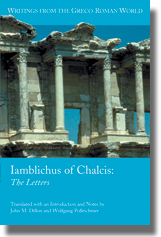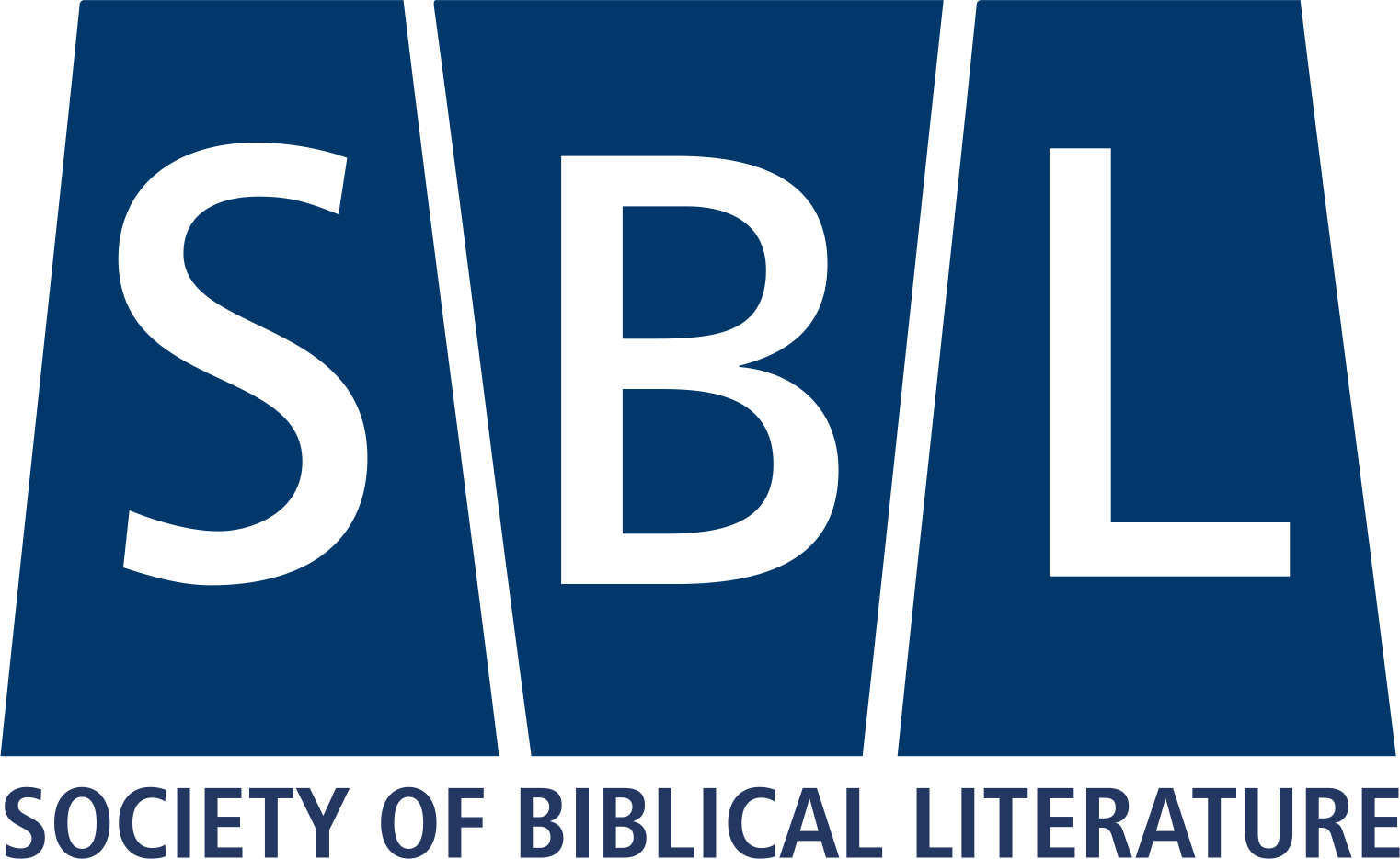
$27.00
Iamblichus is the only Platonist philosopher whose philosophical letters have survived from the ancient world. These nineteen letters, which are translated into English here for the first time, address such topics as providence, fate, concord, marriage, bringing up children, ingratitude, music, and the cardinal virtues, with some letters addressed to students and others to prominent members of Syrian society and the imperial administration. The letters reflect the concerns of popular moral philosophy and illustrate the more public aspects of Iamblichus’s philosophy. This volume provides a useful complement to Iamblichus: On the Mysteries, and On the Pythagorean Way of Life, both published by the Society of Biblical Literature, and will be of interest to students of late antiquity, of Neoplatonic philosophy, and of early Christianity.
John M. Dillon is Emeritus Professor of Greek at Trinity College Dublin. His numerous publications include Salt and Olives: Morality and Custom in Ancient Greece, (Edinburgh University Press), The Heirs of Plato: A Study of the Old Academy, 347–247 B.C. (Oxford University Press), and Iamblichus: On the Mysteries (Society of Biblical Literature). Wolfgang Polleichtner is Researcher at the Latin Philology Institute of Ruhr-Universität Bochum.
“This short but valuable book provides Greek texts and English translations of twenty fragmentary letters of Iamblichus (preserved in John of Stobi’s Anthologium), along with two further testimonia (from Damascius and Olympiodorus). … This is the nineteenth volume in the Society of Biblical Literature’s ‘Writings from the Greco-Roman World’ series, and continues that series’ useful work of providing easier access to texts which are far from mainstream. It will be of great interest to students of the Platonic tradition and of religion and philosophy in late antiquity. … The translation reads well and is close to the Greek without being unidiomatic in English. … The commentary is invariably useful and to the point.… This is a useful book, which does a fine job of making these letters accessible to a wider readership, and of placing the contents in their social and philosophic context.”
— Graeme Miles, Bryn Mawr Classical Review
Click here for a printable publication sheet that you can put in your files or give to your librarian or bookstore.
“John Dillon, who excels all other Anglophone scholars in making Iamblichus accessible, has joined with Wolfgang Polleichtner to give us an outstandingly interesting as well as useful volume. Dillon’s collaboration with a young scholar results in philology that is exemplary in its thoroughness and precision. The exploration of the genre of the philosophical letter pushes us into a neglected area where students of Plato and Dionysius the Areopagite, as well as many others, have needs with which this volume will help. As a result of the contemporary philosophical and theological reassessment of theurgic Neoplatonism, because of the widespread enthusiasm for Iamblichus and Dionysius the Areopagite among students of religion, spirituality, theology, and philosophy, and because of its usefulness for social and literary historians of late antiquity, this is a volume every academic library will need and many scholars will want to own.”
— Wayne J. Hankey, Carnegie Professor and Chairman, Department of Classics with Religious Studies, Dalhousie University and Kings College
